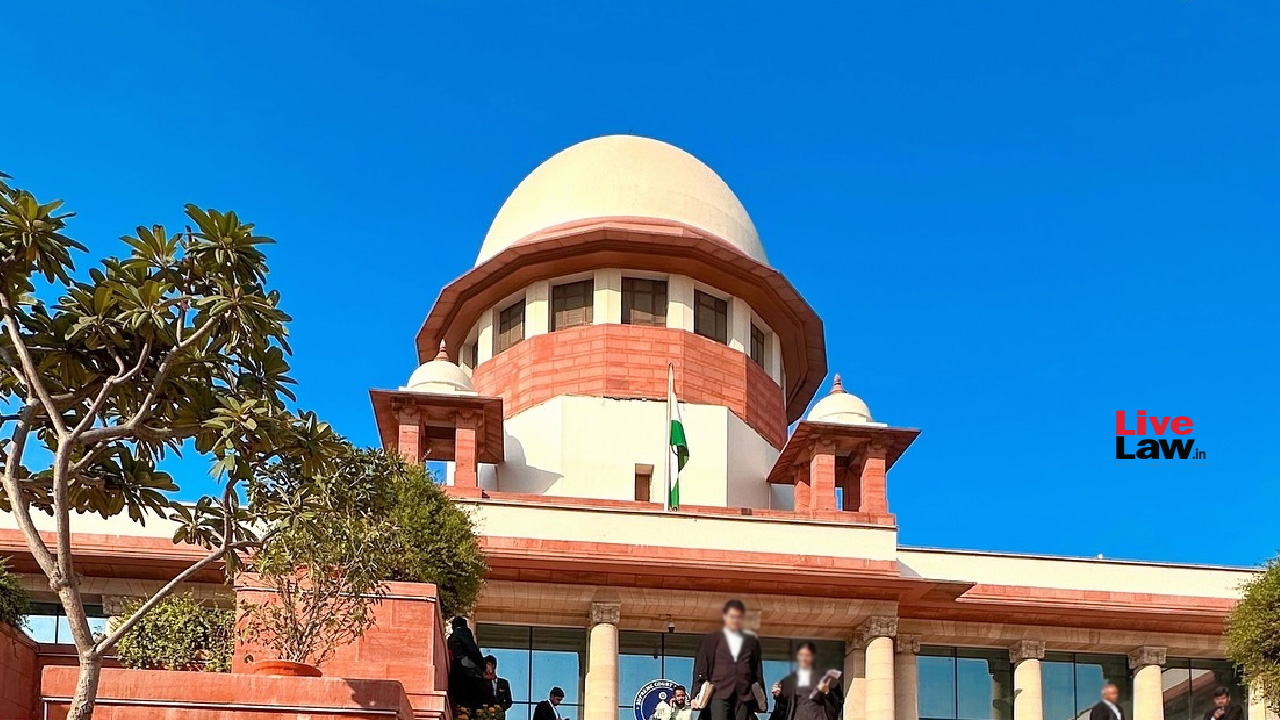 |
|
The Supreme Court of India recently delivered a landmark judgment significantly expanding the scope of contempt of court. The ruling establishes that contempt jurisdiction isn't limited to the explicit disobedience of court orders but encompasses any action designed to undermine or obstruct judicial proceedings. This broadening of the definition has significant implications for the administration of justice and the enforcement of court decisions. The case, Celir LLP v. Bafna Motors (Mumbai), revolved around a property transfer that occurred while a Supreme Court case was ongoing. The original case involved a dispute over a mortgaged property; the Supreme Court had reversed a High Court decision, ordering the sale certificate to be issued to the auction purchaser, Celir LLP. However, before this order could be fully implemented, the borrower transferred the property to a third party. This action became the central point of contention in the subsequent contempt petition filed by Celir LLP.
The Supreme Court's judgment meticulously dissected the argument that because the property transfer occurred before the final judgment, it did not constitute contempt. The court rejected this line of reasoning, emphasizing that the intent to frustrate or circumvent the judicial process is the critical element. The justices highlighted that the actions of the borrower and the subsequent transferee were not merely unintentional oversights; they were deliberate attempts to obstruct the execution of the court's orders. This obstructive conduct, the court ruled, constitutes contempt even in the absence of a specific prohibitory order. The ruling underscores the court’s commitment to maintaining the integrity and authority of the judicial system. The court explicitly stated that any action designed to bypass, nullify, or render ineffective a court's decision, or to gain an unfair advantage, amounts to contempt. This broad interpretation extends contempt jurisdiction beyond straightforward violations of explicit instructions to encompass manipulative or obstructive behaviors intended to thwart the administration of justice.
The implications of this decision are far-reaching. It provides a stronger tool for courts to address strategic actions designed to delay or defeat justice. The court clarified that such actions, even if seemingly indirect or occurring before a final judgment, will be considered contempt if they are proven to be deliberate attempts to circumvent the court's authority. This proactive approach to addressing procedural maneuvering strengthens the power of the court to ensure compliance with its orders. While the court acknowledged the potential for abuse of contempt powers, the decision makes it clear that the threshold for proving contempt lies in the demonstrable intent to obstruct the judicial process. Therefore, unintentional actions or those taken without a clear understanding of the court's orders are unlikely to be treated as contempt. This case serves as a significant precedent, potentially influencing similar cases involving attempts to circumvent court proceedings and decisions. The judgment is likely to encourage parties to approach legal matters with greater adherence to the spirit of the proceedings, rather than focusing solely on the letter of the law.
The Supreme Court's decision in Celir LLP v. Bafna Motors (Mumbai) has implications beyond the specific facts of the case. It offers a powerful reminder of the importance of respecting the court's authority not just in the literal obedience of orders but also in the broader context of the judicial process. While the court refrained from issuing a formal contempt finding against the parties involved, opting instead for a course of action that allowed them to comply with the judgment, the ruling itself serves as a strong deterrent against future attempts to manipulate the legal system. The decision reinforces the court's commitment to upholding the integrity of the judicial process and safeguarding the fairness and effectiveness of the legal system. The judges’ articulation of the principle that actions designed to frustrate the court's processes will be treated as contempt, regardless of the absence of a specific order, sets a new precedent. This landmark decision will undoubtedly be cited in future contempt cases and will shape the way in which courts approach the issue of procedural manipulation and obstruction of justice.
